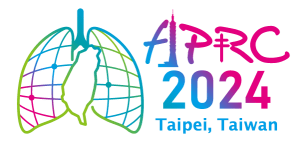Oxford Nanopore Technologies – Third-generation sequencing technology
Workshop Details
Date: April 26 2024
Time: 09:30-17:00
Venue: Room 105, 1F, Taipei International Convention Center
NTD 3,000 (≒USD 100)
Capacity: 100 (including 20 for hands-on experience)
Organizer
Unimed Healthcare Inc.
Co-organizer
NHRI
Format of the Workshop
The workshop will cover the following: Comprehensive technology overview, Library preparation in groups, Library loading practice, Running the MinION/GridION, Introduction to MinKNOW and Epi2ME analysis workflow.
Learning Objectives
A nanopore sequencing demonstration as well as a rapid sequencing control experiment will allow each participant to gain practical hands-on experience of running Nanopore sequencing devices such as MinION/GridION.
A one day training course, conducted on-site, for up to 20 participants. Work with our experts instructors to gain a comprehensive overview of Nanopore technology, and hands-on experience on running sequencing experiments in this training.
Introduction
Oxford Nanopore has developed a new generation of DNA/RNA sequencing technology. It is the only sequencing technology that offers real-time analysis (for rapid insights), in fully scalable formats from pocket to population scale, that can analyse native DNA or RNA and sequence any length of fragment to achieve short to ultra-long read lengths.
DNA and RNA are molecules that are present in all living things. DNA contains an organism’s genetic code, the instructions for building and operating an organism. RNA is primarily a messenger molecule, carrying instructions from the DNA code to control the synthesis of proteins – the building blocks of organisms. Sequencing is the process of identifying the order of ‘bases’ on a molecule of DNA or RNA. This is called a ‘sequence’. This sequence data can answer a range of biological questions such as ‘what is it?’ or ‘Is it healthy or diseased?’.
Outside scientific research, DNA/RNA information can be used to support ‘real life’ decision making, whether that is in healthcare, industrial or other environments. Some of these sectors are regulated, such as in healthcare and food safety. As well as providing devices for lab-based testing, Oxford Nanopore’s sequencing technology is uniquely deployable in distributed, near-sample settings, delivering rapid, data-rich insights. Our goal is to open up new applications that have a profound, positive impact on society, by providing a new generation of accessible technology. Our technology is starting to be used in applied markets, in some cases where users of the technology have pursued their own regulatory clearance of the application.
Tentative Agenda
| Time | Agenda | Host or speakers |
|---|---|---|
| 09:30-11:00 | Introduction to Nanopore Sequencing and Clinical Applications | Steven Su / Unimed Healthcare Inc. |
| 11:00-11:10 | Break | |
| 11:10-12:00 | Flow Cell Handling Practice | Robert Hung / Unimed Healthcare Inc. |
| 12:00-13:00 | Lunch break | |
| 13:00-14:40 | Rapid Lambda Sequencing Practice | Robert Hung / Unimed Healthcare Inc. |
| 14:40-14:50 | Break | |
| 14:50-17:00 | Introduction to Data Analysis tools and EPI2ME Labs Practice | Steven Su and Robert Hung / Unimed Healthcare Inc. |






